Nigerian Dwarf goats are a small breed of dairy goats that originated in West Africa. They are known for their miniature size, friendly disposition, and high milk production relative to their size. Nigerians are versatile animals suitable for small farms, suburban homesteads, or as enjoyable pets. Their manageable size and friendly nature make them a popular choice for goat enthusiasts.
Small in size, great for dairy
Small in stature, does typically stand about 17 to 21 inches tall at the shoulder, and bucks slightly larger. They usually weigh up to 100 pounds. They come in a variety of colors and patterns. Common coat colors include black, chocolate, gold, and cream. They can also have various markings and patterns such as moon spots, stripes, and roaning.
Despite their small size, Nigerian Dwarf goats are excellent dairy producers. They have a high butterfat content in their milk, making it suitable for cheese and soap production. On average, a Nigerian Dwarf doe can produce over a quart of milk per day.
Nigerian Dwarf goats are known for their friendly and sociable nature. They are often kept as pets or companion animals because of their gentle disposition. They can also be easily trained, making them suitable for various purposes, including 4-H projects and educational programs. With proper care, Nigerian Dwarf goats can live up to 12 to 14 years or even longer. These goats are capable of breeding year-round, and they often have multiple kids (baby goats) per kidding. The gestation period is approximately 145 to 150 days. They are prone to common goat health issues, such as parasites and hoof problems. With regular veterinary care, vaccinations, and proper nutrition Nigerian Dwarfs are relatively easy to keep healthy.
- Pasture and forest vegetation including vines, leaves, tree nuts and fruit
- Hay
- Alfalfa
- Fruit and vegetables year round, pumpkin and squash in the fall
- Supplemental mixture of commercial goat feeds
- Multicolored, white, cinnamon, tan, black with spots
- Horned or naturally hornless (we do not disbud our goats)
- Smaller goat with a shy to playful temperament
- Adults are less than 100 pounds
- Great tolerance to the Florida weather except rain
- 1 doe can produce up to 95 gallons of milk per year
- Milk is high in butterfat and protein
- Excellent ice cream, cheese, butter and rich ingredient in desserts
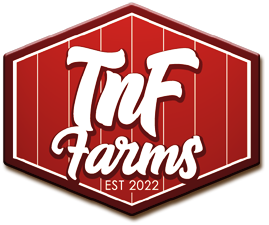
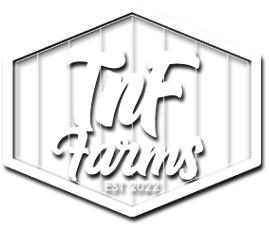
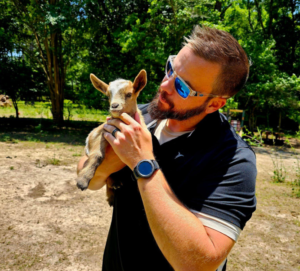
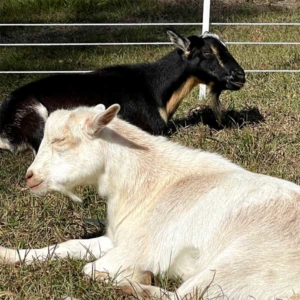
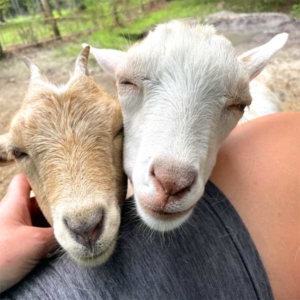
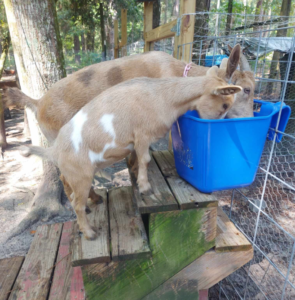
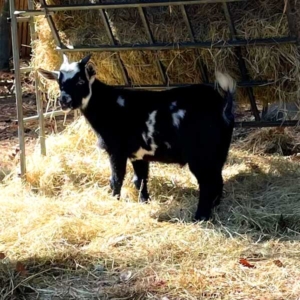
Building our Goat Tote
/in American Guinea Hogs, Farm Animals, Florida Living, Homesteading, Let's Do Something, Nigerian Dwarf Goats, Nubian Goats/by TimIt’s soon 2024. Perhaps you’ve been living under a rock. Let me prep you before you emerge from ignorant bliss. Everything costs more. Too much more. For some items the pricing is ridiculous. I have been on the lookout for a livestock trailer. For months, I have cruised Craigslist and Facebook Marketplace and have concluded there are 2 kinds of used livestock trailers available in the open market right now:
Big in Dairy Benefits
/in Farm Animals, Homesteading, Nigerian Dwarf Goats/by FaithWhen it comes to dairy goats, the Nigerian Dwarf goat stands out as a small but mighty choice. Despite their diminutive stature, these goats offer a wealth of benefits for dairy enthusiasts and homesteaders alike. In this article, we’ll explore why Nigerian Dwarf goats are considered great dairy goats and how they can be an excellent addition to your farm or homestead.
A Guide to Florida Goat Farming
/in Farm Animals, Florida Living, Homesteading, Nigerian Dwarf Goats/by FaithFlorida, known for its sunny weather and lush landscapes, might not be the first place that comes to mind when you think of dairy farming. However, raising dairy goats in Florida is not only possible but can also be a rewarding and sustainable endeavor. In this blog post, we’ll explore the ins and outs of raising dairy goats in the Sunshine State, from choosing the right breed to overcoming the unique challenges that Florida’s climate presents.